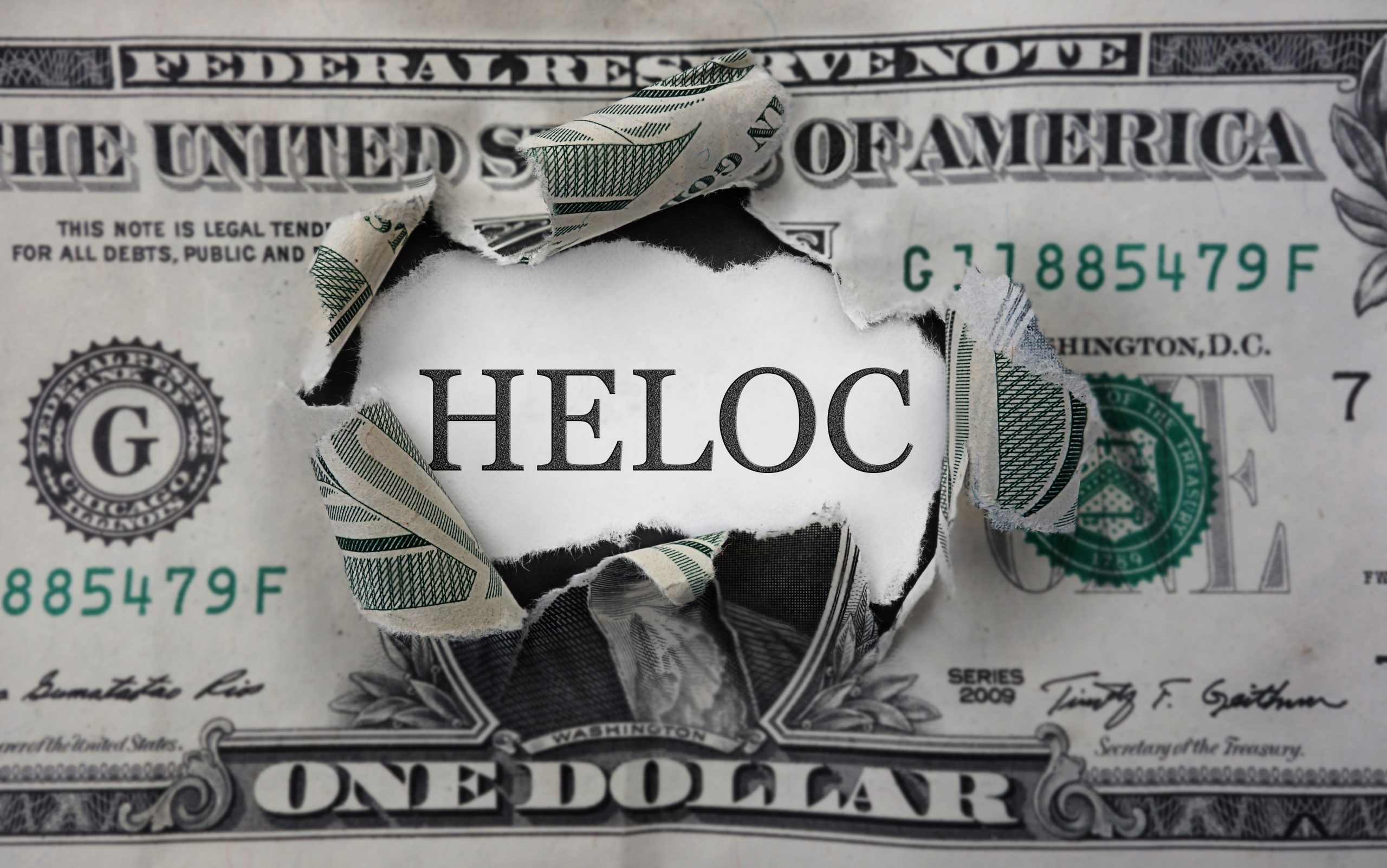A Home Equity Line of Credit, commonly referred to as a HELOC, is a form of revolving credit in which your home serves as collateral. Unlike a conventional home loan, where you receive a lump sum, a HELOC acts more like a credit card, allowing homeowners to borrow as much as they need, up to their credit limit, and repay it over time. The credit limit is based on factors like the home’s appraised value, the amount of equity built up, and the lender’s policies. HELOCs typically have variable interest rates and offer flexible repayment options, making them an ideal choice for homeowners who need access to funds over a period of time for purposes such as home renovations, education expenses, or emergency situations. The interest paid on a HELOC may also be tax-deductible. Contact Me
A Home Equity Line of Credit (HELOC) is a versatile and popular financial tool that allows homeowners to tap into the equity they’ve built up in their homes. In this detailed guide, we will explore the ins and outs of HELOCs, including how they work, their benefits, and considerations for homeowners in Pennsylvania (PA), Maryland (MD), New Jersey (NJ), Washington D.C. (DC), and Delaware (DE).
Understanding a Home Equity Line of Credit (HELOC): A HELOC is a revolving line of credit that uses your home as collateral. Unlike a conventional home loan where you receive a lump sum, a HELOC allows you to borrow up to a certain limit and draw funds as needed. The credit limit is determined based on factors such as the home’s appraised value, the amount of equity built up, and the lender’s policies.
Key Features of a HELOC:
- Revolving credit: Similar to a credit card, you can borrow, repay, and borrow again up to your credit limit.
- Variable interest rates: HELOCs typically have variable interest rates that can fluctuate over time.
- Flexible repayment options: HELOCs offer flexible repayment options, allowing homeowners to pay interest-only during the draw period and principal plus interest during the repayment period.
- Tax-deductible interest: The interest paid on a HELOC may be tax-deductible, though it’s essential to consult a tax professional.
How to Qualify for a HELOC:
- Equity in your home: Lenders typically require you to have at least 15-20% equity in your home.
- Good credit score: A good credit score is essential to qualify for a HELOC.
- Debt-to-income ratio: Lenders will assess your debt-to-income ratio to ensure you can afford the repayments.
- Stable income: A stable income is required to qualify for a HELOC.
Benefits of a HELOC:
- Access to funds: A HELOC provides easy access to funds for various purposes, such as home renovations, education expenses, or emergency situations.
- Flexibility: The flexible repayment options make it easy to manage the loan.
- Potential tax benefits: The interest paid on a HELOC may be tax-deductible.
- Lower interest rates: HELOCs typically have lower interest rates compared to credit cards or personal loans.
Considerations for Homeowners in Specific States and Cities:
- Pennsylvania (PA): Homeowners in Pennsylvania cities such as Philadelphia, Pittsburgh, and Harrisburg should be aware of the state’s specific regulations and lending practices when applying for a HELOC.
- Maryland (MD): In Maryland, homeowners in cities like Baltimore, Annapolis, and Rockville should consider the state’s property values and how that may impact their HELOC credit limit.
- New Jersey (NJ): Homeowners in New Jersey cities such as Newark, Jersey City, and Trenton should be mindful of the state’s competitive real estate market when applying for a HELOC.
- Washington D.C. (DC): In Washington D.C., homeowners should consider the city’s unique real estate landscape and how it may affect their HELOC application.
- Delaware (DE): Delaware homeowners in cities like Wilmington, Dover, and Newark should research local lenders and their policies when applying for a HELOC.
In conclusion, a Home Equity Line of Credit (HELOC) is a valuable financial tool that can provide homeowners with the funds they need for various purposes. It offers flexibility, potential tax benefits, and typically has lower interest rates compared to other forms of credit. However, it’s essential to consider your specific needs, financial situation, and local market conditions before applying for a HELOC. It’s also important to consult a financial advisor or tax professional to understand the full implications of a HELOC.



